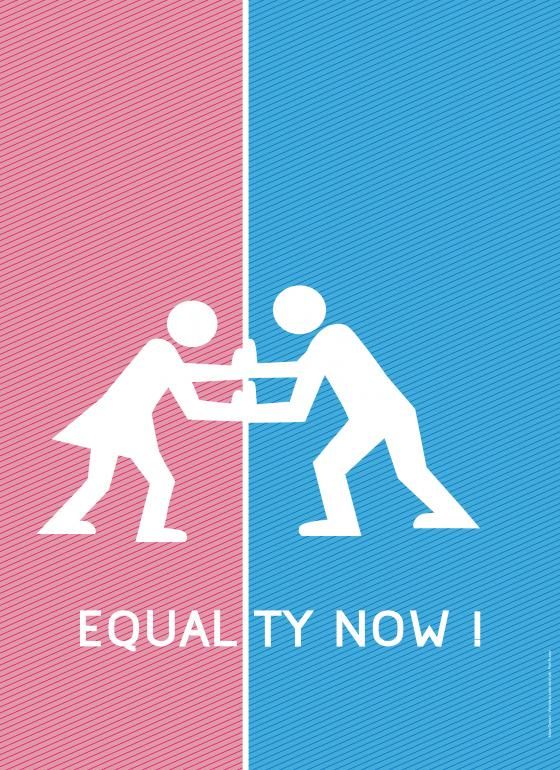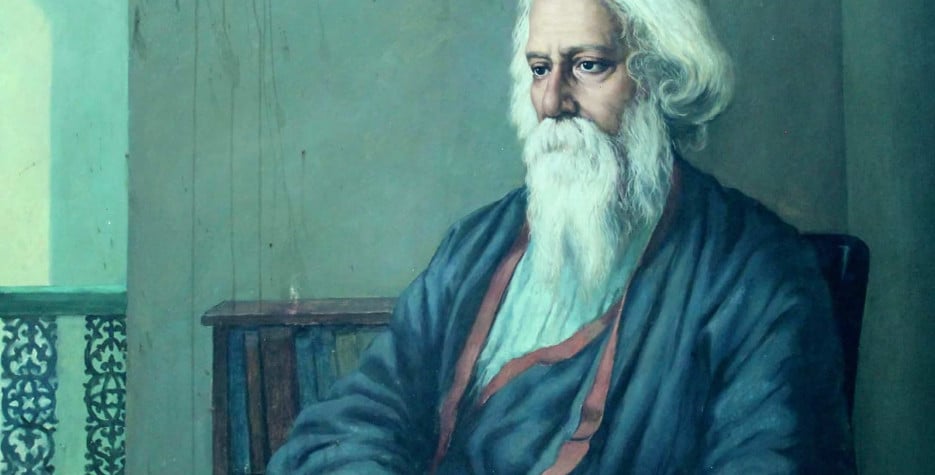Gender inequality has long been a persistent issue in India, affecting women and marginalized genders in various aspects of life, from education and employment opportunities to healthcare and representation in decision-making processes. To build a more equitable and inclusive society, it is crucial to take proactive measures to address this pressing concern. Explore five key strategies to combat gender inequality in India.
Education for All: Bridging the Gap
One of the fundamental steps towards ending gender inequality is ensuring equal access to education for all genders. Historically, girls in many parts of India have faced barriers in accessing quality education, perpetuating inequality early on. To rectify this, the government and non-governmental organizations must work together to create and implement policies that promote gender-neutral education. This includes providing scholarships, building infrastructure, and sensitizing teachers and communities to the importance of girls’ education. When girls have access to quality education, they are better equipped to break the cycle of inequality.
Economic Empowerment: Equal Opportunities
Economic independence is a powerful tool for empowering individuals and reducing gender inequality. Women in India often face wage gaps and discrimination in the workplace. To address this issue, businesses and organizations should actively work towards ensuring equal pay for equal work. Additionally, policies should be put in place to support women in their careers, such as maternity leave, flexible work hours, and anti-harassment measures. Entrepreneurship should also be encouraged among women, providing them with opportunities to become self-reliant.
Changing Mindsets: Challenging Stereotypes
One of the basic causes of gender inequality in India is deeply ingrained societal norms and stereotypes. It is crucial to challenge and change these mindsets to bring about lasting change. This can be achieved through educational programs, media campaigns, and community dialogues that promote gender equality. Schools and families must instil values of respect and equality in children from an early age. By dismantling traditional gender roles and expectations, India can pave the way for a more inclusive society.
Legal Reforms: Strengthening Women’s Rights
Enforcing and strengthening laws that protect women’s rights is another essential step in combating gender inequality. India has made quite a significant progress in this regard with legislation like the important Sexual Harassment of Women at Workplace Act and the effective Protection of Women from Domestic Violence Act. However, effective implementation and enforcement always remain a challenge. To address this, there should be greater efforts to sensitise law enforcement agencies and the judiciary on gender issues. Additionally, the legal system should expedite cases related to gender-based violence and discrimination, providing swift justice for victims.
Political Participation: A Seat at the Table
Political empowerment is a key driver of gender equality. Women and marginalized genders must be encouraged and supported to participate actively in politics and decision-making processes. Political parties should promote women’s representation in both local and national elections. Reserved seats for women in local bodies, like Panchayats, have shown positive results in some states and could be expanded. Moreover, mentoring and leadership development programs can help women overcome the barriers they often face in politics.
Conclusion
Gender inequality in India is deeply rooted in societal norms and structures. However, by implementing a rounded approach that includes equal access to education, economic empowerment, changing mindsets, legal reforms, and political participation, the nation can make significant strides towards achieving gender equality. It is not just a matter of women’s rights but a collective effort to build a more inclusive, progressive, and fair society. By working together, India can create a future where gender does not determine one’s opportunities or experiences, but all individuals are free to pursue their dreams and aspirations without discrimination.














